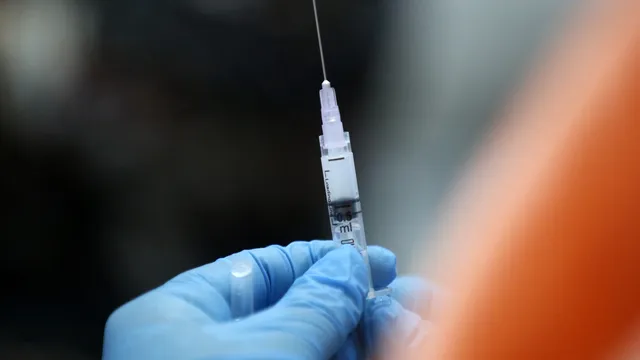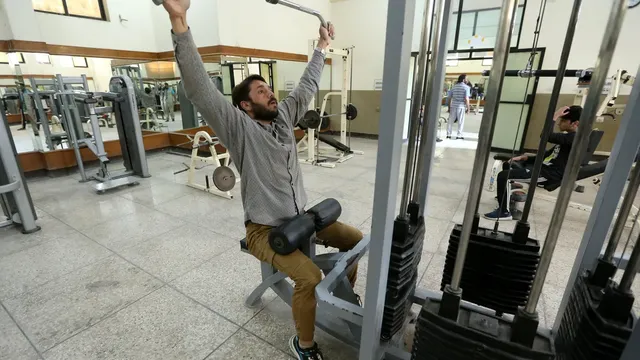Efforts to vaccinate children against deadly diseases are failing worldwide due to economic inequality, the turmoil caused by Covid-19, and misinformation, putting millions of lives at risk.
This is the warning from a new study, reported by AFP.
All these trends increase the threat of future epidemics of preventable diseases, researchers said, while drastic cuts in foreign aid threaten previous progress in vaccinating children worldwide.
A new study published in The Lancet magazine looks at the vaccination rates of children in 204 countries and territories.
It's not all bad news.
The World Health Organization (WHO) immunization program is estimated to have saved around 154 million lives over the past 50 years.
The international team of researchers found that vaccination coverage for diseases such as diphtheria, tetanus, pertussis, measles, polio, and tuberculosis doubled between 1980 and 2023.
However, progress slowed in the 2010s. Measles vaccinations declined in about half of all countries, with the largest decline occurring in Latin America.
At the same time, more than half of all high-income countries saw a decline in coverage for at least one dose of vaccine.
Then came the COVID-19 pandemic.
Routine vaccinations were severely disrupted during lockdowns and other measures, resulting in nearly 13 million children not receiving a single dose of vaccine between 2020 and 2023, the study found.
This inequality has persisted, especially in poorer countries. In 2023, more than half of the 15.7 million completely unvaccinated children in the world lived in just eight countries, most of them in sub-Saharan Africa, according to the study.
In the European Union, 10 times more measles cases were reported last year than in 2023.
In the United States last month, the measles epidemic exceeded 1,000 cases in 30 states, which is already more than the number of cases reported for the whole of 2024.
Cases of polio, long eradicated in many areas thanks to vaccination, have increased in Pakistan and Afghanistan, and Papua New Guinea is currently affected by a polio epidemic. | BGNES

 Breaking news
Breaking news
 Europe
Europe
 Bulgaria
Bulgaria







